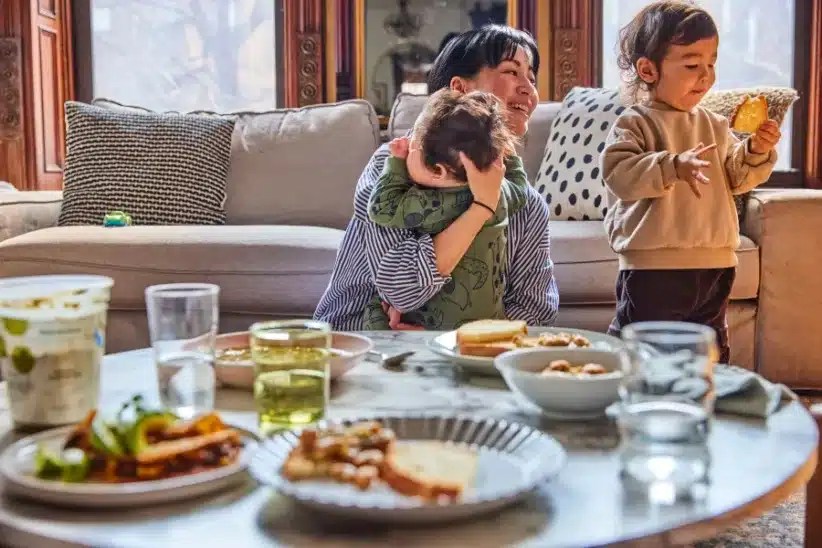A Guest Post By Faye Rogaski, founder socialsklz:-) tools to thrive
in the modern world
Serena Williams’ sportsmanship at the U.S. Open Women’s
Final this year lends a valuable lesson for players at large. Her outburst on
the court during a point was downright poor sportsmanship. However, what ensued
is even worse. The umpire’s call to grant her opponent, Samantha Stosur, the
point propelled Williams to go into a verbal rant, telling the umpire “don’t
even look at me”, accusing her of being a “hater” and a “loser.” This display
is an opportunity for parents to speak with their children about the importance
of good sportsmanship. —
With the fall season upon us and sports kicking into high
gear, it’s imperative to teach sportsmanship skills before your child heads out
onto the playing field. Coaches and parents alike play a vital role in
shaping positive attitudes and behaviors in children as they embark on life as
a teammate and opponent. Two major ways to develop good sportsmanship are via
positive role-modeling and proactively teaching these skills, rather than
assuming they’re acquired on the field or by watching sports on TV.
What is sportsmanlike conduct?
Sportsmanlike conduct is
defined as “fairness, courtesy, and being a cheerful loser.” These are the
behaviors expected of a child participating in a sport. Good sportsmanship
occurs when athletes show respect and concern to opponents, teammates, coaches,
and officials. After all not everyone is a winner in sports, as well as other
aspects of life. It’s a valuable life lesson for every child.
Examples of sportsmanlike
conduct include:
-Shaking
hands with opponents after a game
-Showing
concern for injured opponents
-Accepting
all decisions of the referees
-Encouraging
less skilled teammates
-Congratulating
an excellent effort by opponents
Examples of unsportsmanlike conduct include:
-Trash-talking
-Causing
injury to an opponent on purpose
-Cheating
-Making fun
of teammates
-Blaming
losses on others
-Crying
or stomping around after a loss
How to Model Good
Sportsmanship
There are many ways that you can teach sportsmanship to your children, but the
most important way is for you to practice it yourself. Knute Rockne, former
football coach of Notre Dame, said, “One man practicing good sportsmanship is
far better than 50 others preaching it.”
From not agreeing with a
ref’s call to shouting at other players, many parents get too involved at their
children’s sporting events. Parents who show respect to officials and opponents
before, during and after games can truly expect their children to do the same.
Examples of showing respect
to opponents and officials include:
-Celebrate
victory respectfully
-Engage
in the pre- and post-game handshake
-Thank
officials for the job they’ve done after a game
-Discuss
loss constructively
Actively Teach Sportsmanship
-Set up a
code of conduct at the beginning of the season. Make sure to include
consequences for breaking the code. Expect sportsmanship during practice and
competitions.
-Share
examples of the good or poor behavior of professional, high school or college
athletes with your kids. Discuss this behavior with them.
-Discipline
your child if they behave like a “bad sport.” By allowing poor sportsmanship to
happen you are teaching your child that poor sportsmanship is acceptable.
-Teach
children to be considerate of their teammates and their opponents when they win
and lose.
By teaching
these skills to your child you are ensuring that sports become an additional
factor in raising a well-rounded individual. The benefits to kids who
participate in sports are well documented. According to Dr.
Jennifer Hartstein, a child and adolescent psychologist based in New York City, “Sports are an amazing way for children
to learn how to cooperate, work together and understand how teams are
effective. These are all incredibly important life lessons, as no one lives in
a vacuum. Learning how to work with others early and often can only prepare
children for what will be part of their lives in an ongoing way.”
Dr. Hartstein
also stresses the importance of teaching kids about good sportsmanship. She
says, “Knowing how to lose gracefully is key in building and maintaining
relationships. Stopping to help others shows a level of compassion and
understanding, which is also integral, at times, in athletics. Overall, sports
can teach children how to navigate difficult situations, understand that they
cannot win at all things, and how to appreciate those who are winners at
different times.”
So no matter
what happens during a game, winning and losing are a part of sports. As you
sign your children up for their fall sport activities, consider spending time
with them to explain the importance of good sportsmanship-like conduct or sign
them up for a class like sportsmanshipsklz:-). The valuable life lessons they
learn today from being a part of a team will help them throughout high school,
college and in the workplace.
socialsklz:-)
has locations on the Upper East Side, Upper
West Side, Tribeca and Brooklyn.
For more information, visit socialsklz.com.





















